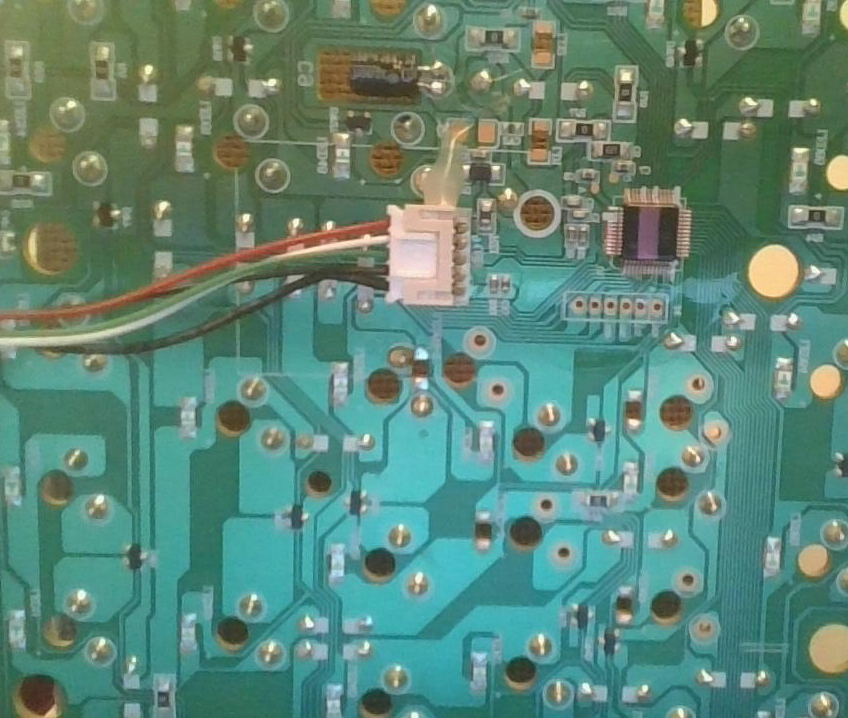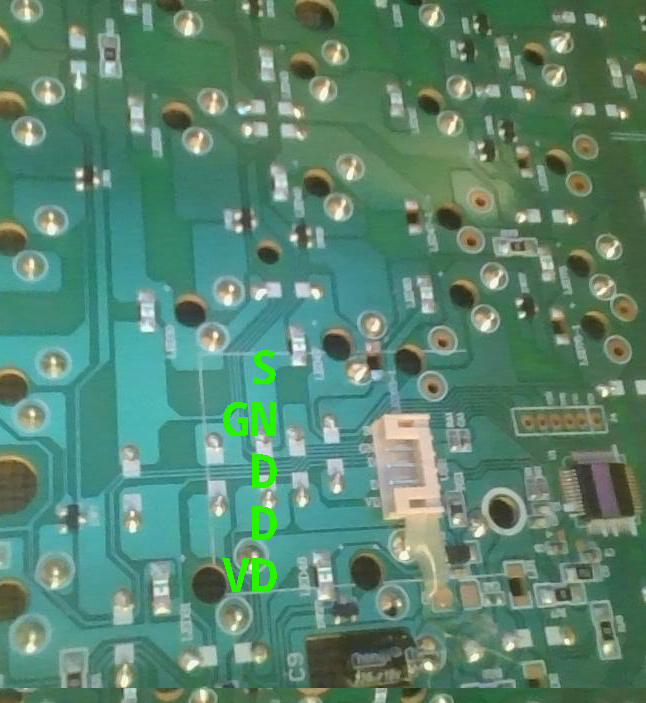this post was submitted on 22 Sep 2023
34 points (100.0% liked)
Technology
37708 readers
203 users here now
A nice place to discuss rumors, happenings, innovations, and challenges in the technology sphere. We also welcome discussions on the intersections of technology and society. If it’s technological news or discussion of technology, it probably belongs here.
Remember the overriding ethos on Beehaw: Be(e) Nice. Each user you encounter here is a person, and should be treated with kindness (even if they’re wrong, or use a Linux distro you don’t like). Personal attacks will not be tolerated.
Subcommunities on Beehaw:
This community's icon was made by Aaron Schneider, under the CC-BY-NC-SA 4.0 license.
founded 2 years ago
MODERATORS
you are viewing a single comment's thread
view the rest of the comments
view the rest of the comments


It's not in the opposite order, it's just flipped around in the photo lol.
Do you think so? the letters are the right way up on the USB-C end. Here is how my existing cable looks in comparison:
The description lists the letters as VCC, D -, D+, GND, SG.
Electrons don't care which way the letters are facing
a long as the letters don't type upside down
If the wires are indeed arranged in the wrong order, but would otherwise be work, popping the individual sockets out and rearranging them is actually quite easy. You just need to either pry the little plastic tabs from the the outside or stick a sewing needle inside, and they should slide out fairly easily. If implementing the sewing needle, it often bends the little metal tab out of the way, and you'll want to tweak it back with the needle before reinserting in the right slot.
OK thanks! It sort of looks like it would be possible but I didn't want to go too aggressively at the existing cable until I have a replacement.
The aliexpress seller linked above repeats "The Line Sequence Needs To Be Changed" several times in the description. Maybe this is what that means?
It's always hard to decipher poor English, but that does seem possible. If you have a multimeter, plugging the socket into a cable would at least allow you to verify the ground and +5v easily. The data etc pins should be doable too, by using a USB A to C cable, and doing a continuity check to the pins inside the USB A side, which would be easy to look up reliably.
As far as swapping the wires around in the plug, that's one of the easiest plugs to do it with. If you do need to, you'll be able to.